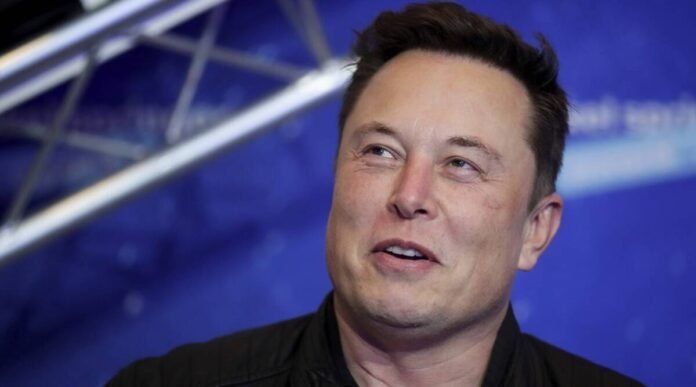Twitter, the renowned social media platform, has been facing significant challenges in recent times, particularly in terms of its ad revenue. As the digital landscape evolves and user preferences shift, Twitter’s financial performance has taken a hit. In this article, we delve into the reasons behind Twitter’s declining ad revenue and explore the impact of Elon Musk, a prominent figure known for his influence in the tech industry.
Understanding Twitter’s Declining Ad Revenue
Changing Advertising Landscape
The advertising industry is constantly evolving, with advertisers seeking innovative ways to engage their target audiences effectively. While Twitter has long been a popular platform for brand promotion and customer engagement, the rise of alternative advertising channels, such as influencer marketing and emerging social media platforms, has presented new challenges for the company. Advertisers are now diversifying their ad spend, allocating budgets to platforms that offer higher engagement rates and better targeting capabilities.
User Engagement Challenges
User engagement is a crucial factor in determining the success of advertising campaigns on social media platforms. Twitter has been grappling with declining user engagement, with users spending less time on the platform compared to other social media giants. This decline in engagement translates to fewer opportunities for advertisers to reach their desired audience effectively, thereby impacting Twitter’s ad revenue.
Advertiser Trust and Brand Safety Concerns
Maintaining advertiser trust and ensuring brand safety are paramount in the advertising industry. However, Twitter has faced several challenges in this regard. Instances of misinformation, hate speech, and inappropriate content on the platform have led to concerns among advertisers regarding the suitability of their brand association with Twitter. As a result, some advertisers have shifted their ad spend to platforms that offer a more controlled and brand-safe environment.
The Elon Musk Factor
Elon Musk, the influential entrepreneur and CEO of Tesla and SpaceX, has emerged as a significant factor contributing to Twitter’s declining ad revenue. Musk’s impactful presence on Twitter, coupled with his large following and the media attention surrounding his tweets, has created a unique phenomenon.
Musk’s Tweeting Habits
Elon Musk is known for his active and sometimes controversial presence on Twitter. His tweets often garner significant attention, generating discussions and debates across various social and traditional media platforms. This heightened focus on Musk’s tweets often diverts attention away from other content on Twitter, including paid advertisements.
Influence on Market Sentiment
Elon Musk’s tweets have the potential to influence market sentiment, particularly within the cryptocurrency space. With his tweets impacting the value and perception of cryptocurrencies, investors and traders closely monitor his Twitter activity. This heightened focus on Musk’s tweets may lead to a decreased emphasis on traditional advertising efforts, as marketers and advertisers navigate the dynamic landscape shaped by Musk’s social media influence.
The Path Ahead for Twitter
Embracing Innovation and Differentiation
To address its declining ad revenue, Twitter must prioritize innovation and differentiation. The platform needs to explore new advertising formats, enhance targeting capabilities, and provide unique opportunities for advertisers to engage with their target audience effectively. By embracing innovation, Twitter can regain its competitive edge and attract advertisers looking for fresh and impactful advertising avenues.
Strengthening User Engagement Strategies
Enhancing user engagement is crucial for Twitter’s success as an advertising platform. By implementing strategies to improve user experience, increase time spent on the platform, and foster meaningful interactions, Twitter can attract more advertisers who seek to reach an actively engaged audience. This could be achieved through algorithmic improvements, content personalization, and strategic partnerships.
Building Trust and Ensuring Brand Safety
To regain advertiser trust and mitigate brand safety concerns, Twitter must take decisive action to address instances of misinformation, hate speech, and inappropriate content on the platform. Implementing stricter moderation policies, leveraging advanced content filtering algorithms, and actively collaborating with advertisers to understand their concerns will be essential in creating a brand-safe environment that appeals to both users and advertisers.
Conclusion
Twitter’s declining ad revenue can be attributed to various factors, including the changing advertising landscape, user engagement challenges, and advertiser trust concerns. Additionally, the influence of Elon Musk and his impactful presence on Twitter has further affected the platform’s advertising ecosystem. To bounce back, Twitter must focus on embracing innovation, strengthening user engagement strategies, and building trust with advertisers. By adapting to the evolving digital landscape and capitalizing on its unique strengths, Twitter can reclaim its position as a leading advertising platform in the social media realm.











